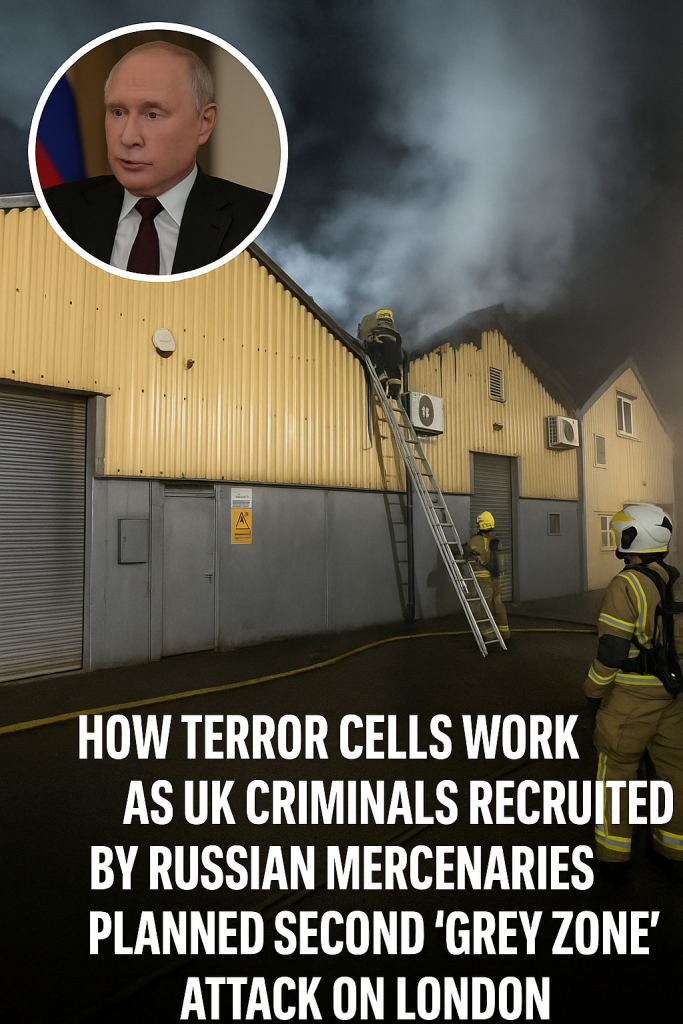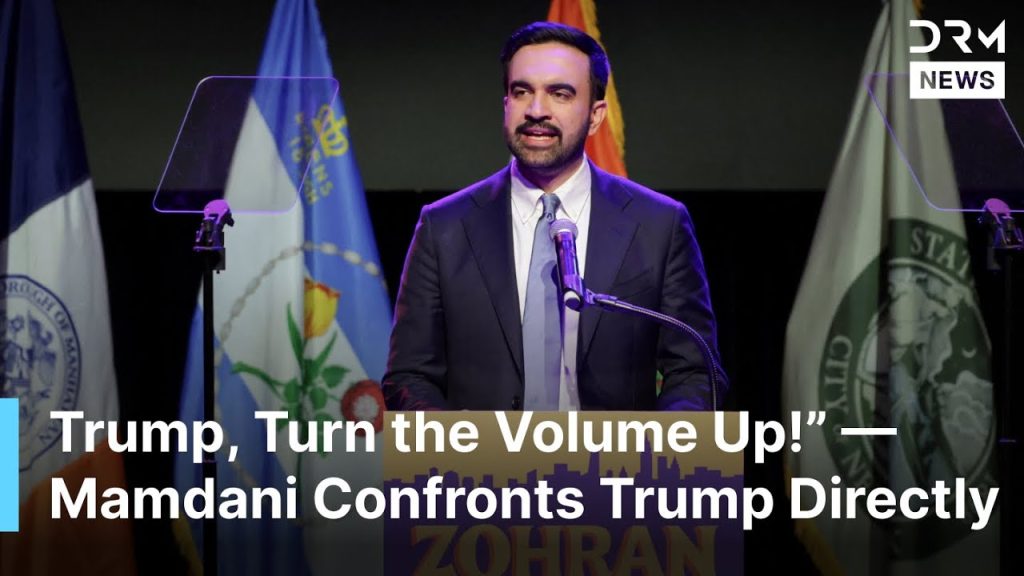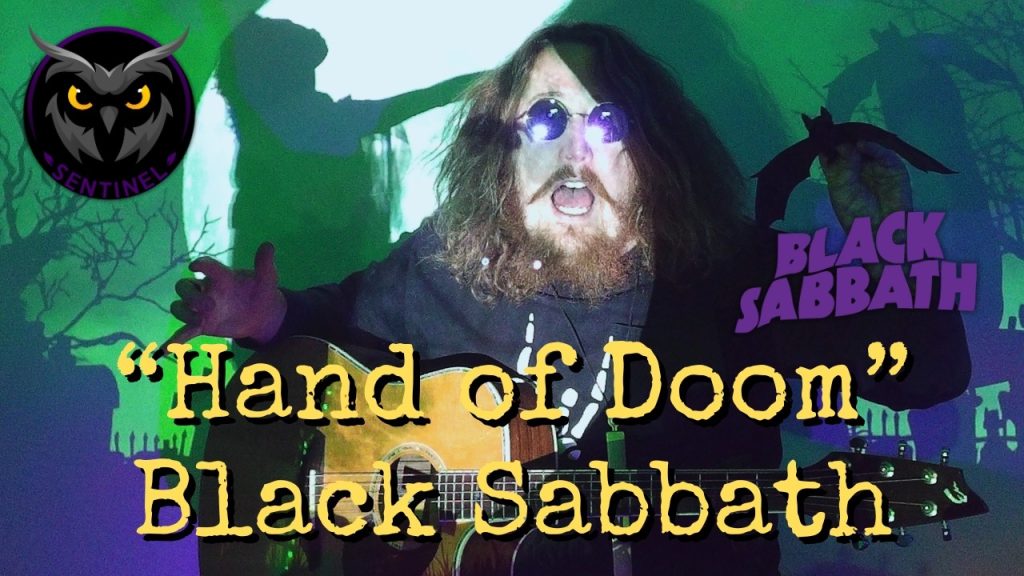British MPs have issued a stark warning to citizens to remain vigilant against potential attacks orchestrated by Russian mercenaries recruiting UK criminals to form terror cells, aiming to conduct a second “grey zone” assault in London. The alert comes amid growing concerns over covert hybrid warfare tactics increasingly employed to destabilize Western capitals without triggering full-scale military conflict.
According to intelligence briefings disclosed to parliamentarians, Russian-backed groups have intensified efforts to infiltrate and radicalize criminal networks within the UK to carry out targeted operations designed to sow fear and disruption. These operations fall within the so-called “grey zone” — an ambiguous battlefield between peace and open war characterized by covert attacks, disinformation campaigns, and sabotage.
MPs highlighted that these terror cells are not traditional terrorist organizations but rather loosely affiliated units, combining local criminals with foreign operatives, who receive logistical support and training from Russian mercenaries. One source involved in counterterrorism revealed that these cells had previously planned an initial attack that was thwarted, but intelligence suggests a second, more sophisticated operation is currently being plotted within London’s metropolitan area.
The nature of this emerging threat has prompted security officials to urge citizens to be “prepared and aware,” stressing the need for enhanced community vigilance and prompt reporting of suspicious activity. Law enforcement agencies are increasing surveillance efforts and cooperation with intelligence services in order to disrupt the recruitment pipelines and operational capabilities of these groups.
This latest warning reflects a broader trend of hybrid threats facing the UK and its allies, where state-supported mercenary groups exploit societal fissures and criminal elements to carry out deniable attacks. Experts note that such tactics complicate attribution and response, as they blur the lines between conventional warfare, terrorism, and criminality.
Government spokespeople reassured the public that counterterrorism operations remain robust, with ongoing investigations and preemptive actions already underway to neutralize the identified threats. Nonetheless, MPs cautioned that the evolving threat landscape demands heightened resilience from all sectors of society, including security agencies, local communities, and individuals.
In the wake of these revelations, discussions in parliament emphasize the need to bolster intelligence-sharing protocols, fund community outreach programs to prevent radicalization, and enhance legal frameworks targeting mercenary activities and foreign interference.
As geopolitical tensions persist, London and other major UK cities face a complex series of challenges that extend beyond traditional terrorism. The emergence of Russian-linked terror cells recruiting domestically underscores a new chapter in hybrid conflict, where the battle for security unfolds not just on the streets but across intelligence networks and social structures alike.
Citizens are encouraged to remain alert, report anything unusual via official channels, and stay informed through trusted government updates. While the threat remains contained for now, the warnings from MPs serve as a crucial reminder that preparedness and vigilance are essential in safeguarding national security against evolving and unconventional threats.



